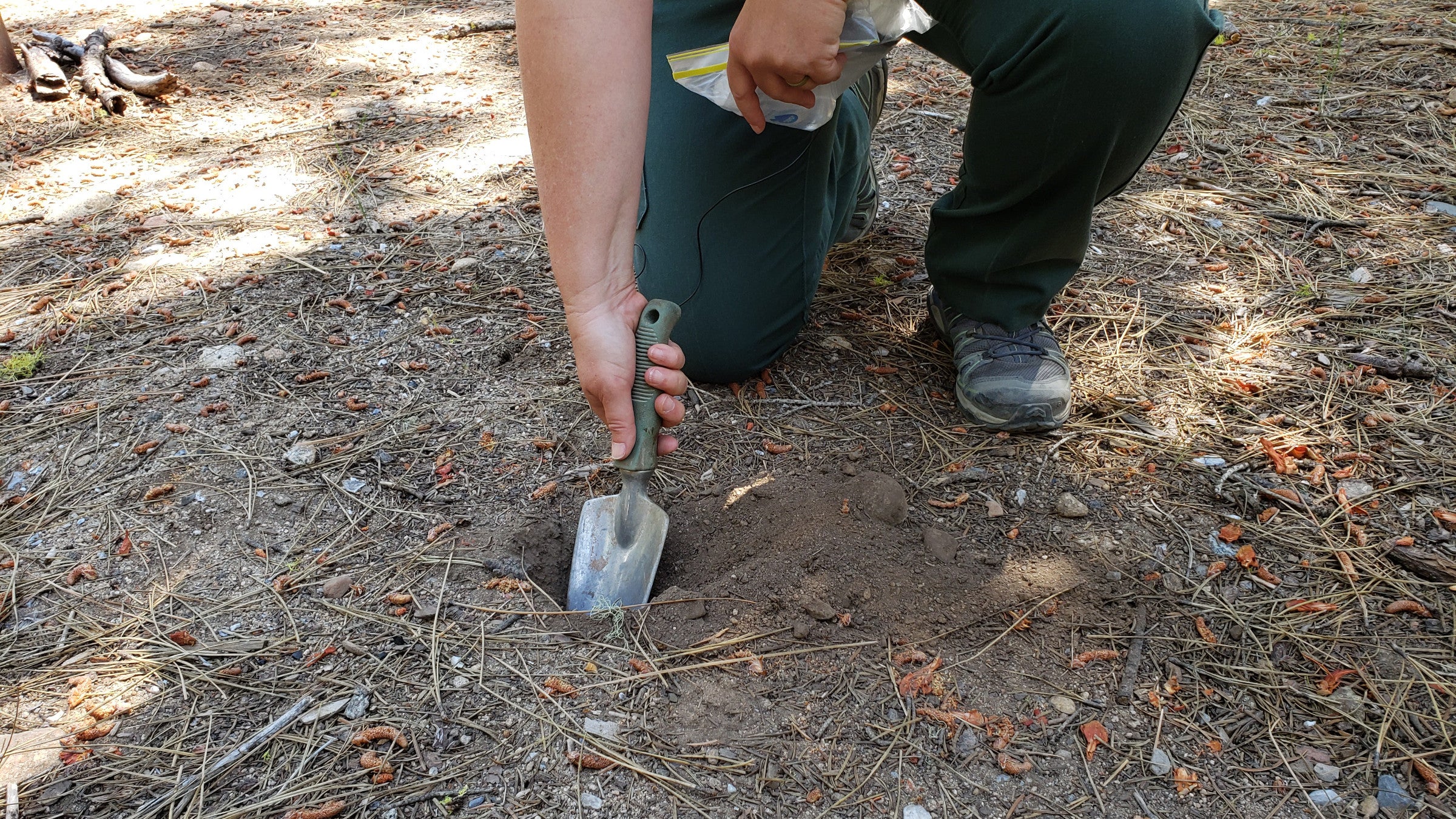Stopped Up on the Trail? Here's How to Make Doo.

(Photo: Kerry Greene)
So you’ve managed to snag a pristine campsite with a postcard view, find a secluded spot, and settle in to relieve yourself while enjoying the sunset. Time passes. And …nothing.
You’re not alone. Constipation can ruin a trip, wracking hikers with abdominal discomfort and bloating that accumulate as days pass without making a proper deposit.
The culprit in your lack of output may be your intake: Nutrition plays a big role. A diet rich in fiber is essential to regular bowel movements, as is proper hydration on the trail. You’re probably not going to carry a ton of green leafy veggies in the bottom of your pack, but opting for fiber-packed foods like beans, prunes, or figs can help. If it’s been days and you still haven’t gone, you may be searching for a nuclear option. Coffee will work for some, but excess caffeine and laxatives can lead to dehydration (and diarrhea), which isn’t ideal on a multiday hike. Sticking to fiber supplements is a better bet.
Even better: Keep things moving by avoiding the problem in the first place. Trail diets aren’t what we’re accustomed to at home, and the change in routine can make things worse. Anyone subsisting on energy bars and GORP is bound to get stopped up, so plan on taking along packable but familiar items that look like actual food, like whole-wheat wraps and dried fruit. Some proper food might not only get your large bowel churning again, but help to relax you and prevent the trouble in the first place.